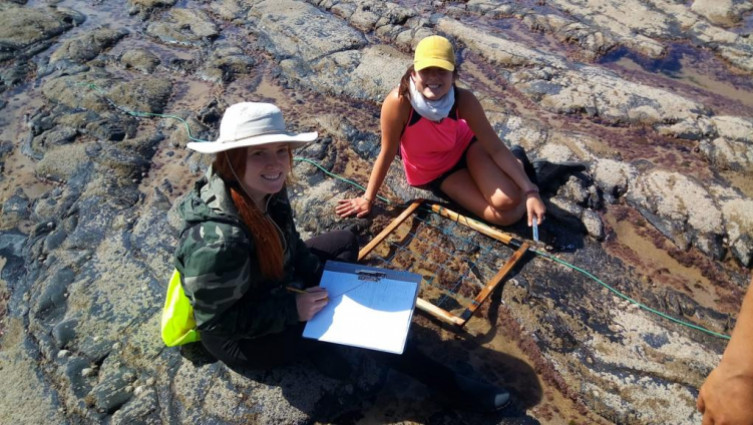What motivates citizens to use mobile applications in environmental Citizen Science projects?
One of the main challenges of Citizen Science projects is to attract citizens and involve them in active participation over time.
Our researchers, Mariana Andrade and Jorge Gonçalves, in collaboration with Centro de Estudos do Ambiente e do Mar, Universidade de Aveiro, NOVA Information Management School, and Centro de Investigación Mariña (Universidad de Vigo, Spain), developed a study to understand what motivates citizens to use Citizen Science mobile applications (APPs) for coastal environment monitoring.
The main challenge of Citizen Science projects
Citizen Science involves engaging citizens in scientific discovery, knowledge, and data sharing with scientists. It is a vital tool for scientific research and contributes to building large and diverse databases.
The biggest challenge of these projects is to attract citizens and involve them in active participation over time. Hence, the researchers aimed to contribute to the solution of this problem, which predominantly affects the success of Citizen Science programmes.
What encourages the public to use environmental Citizen Science APPs?
To help answer this question, the researchers developed a model to understand what motivates the public to use Citizen Science APPs for coastal environment monitoring.
The model developed combined theories about the adoption and use of information technologies, the influence of cultural context on the individual or group's behaviours, what motivates public participation and the adoption of pro-environmental behaviours. To test this model, the researchers created a questionnaire launched in Portugal and Spain, which obtained 345 responses.
It’s the first time a tailor-made model has been created to study what motivates citizens to participate in Citizen Science for coastal environment monitoring through digital platforms such as APPs.
Green consumers who care about environmental issues are the most likely group to use environmental monitoring Citizen Science APPs.
The study concludes that habit creation, provision of facilitating conditions and evidence that the shared data was helpful and contributed to environmental performance are critical characteristics for the adoption and use of Citizen Science APPs for coastal environment monitoring. Furthermore, they concluded that people who consider themselves green consumers and are concerned about environmental issues, and individuals who belong to collectivist societies (Hofstede's definition), are the most likely group to use these APPs. Citizen empowerment strongly enhances their use, especially in this group.
The study also proposes a set of procedures to guide project managers, APP designers and policymakers in the successful creation, promotion and implementation of Citizen Science APPs for coastal environment monitoring.
You can read the article HERE.


